Intro
Discover how liver enzymes function with 5 key ways, exploring enzyme regulation, detoxification, and metabolism, to understand liver health and enzyme imbalance implications.
The liver is a vital organ that plays a central role in maintaining our overall health and well-being. One of the key functions of the liver is to produce enzymes, which are biological molecules that facilitate various chemical reactions in the body. Liver enzymes, in particular, are essential for detoxification, metabolism, and energy production. In this article, we will delve into the world of liver enzymes and explore the five ways they work to keep our bodies functioning optimally.
The liver produces several types of enzymes, each with unique functions and responsibilities. These enzymes work together to break down nutrients, eliminate toxins, and regulate various bodily processes. Understanding how liver enzymes work is crucial for maintaining liver health and preventing diseases related to liver dysfunction. With the increasing prevalence of liver-related disorders, it is essential to appreciate the importance of liver enzymes and take steps to support their optimal functioning.
Liver enzymes are not just limited to liver function; they also play a critical role in overall health and well-being. For instance, liver enzymes are involved in the metabolism of carbohydrates, proteins, and fats, which provides energy for the body. They also help to eliminate toxins and waste products, which can accumulate and cause harm if not removed. Furthermore, liver enzymes are essential for the production of bile, which aids in digestion and absorption of nutrients. With so many critical functions, it is no wonder that liver enzymes are often referred to as the "workhorses" of the liver.
Introduction to Liver Enzymes
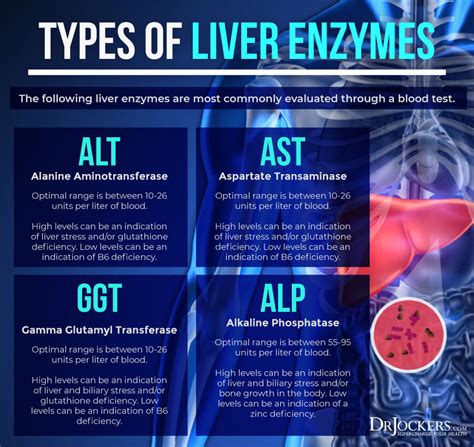
Liver enzymes are a group of biological molecules that catalyze various chemical reactions in the liver. They are produced by liver cells, known as hepatocytes, and are essential for maintaining liver function and overall health. There are several types of liver enzymes, each with unique functions and responsibilities. Some of the most common liver enzymes include alanine transaminase (ALT), aspartate transaminase (AST), alkaline phosphatase (ALP), and gamma-glutamyl transferase (GGT).
Types of Liver Enzymes
Liver enzymes can be broadly classified into two categories: intracellular and extracellular enzymes. Intracellular enzymes are found within liver cells and are involved in various cellular processes, such as metabolism and detoxification. Extracellular enzymes, on the other hand, are found outside liver cells and play a critical role in digestion and absorption of nutrients.How Liver Enzymes Work
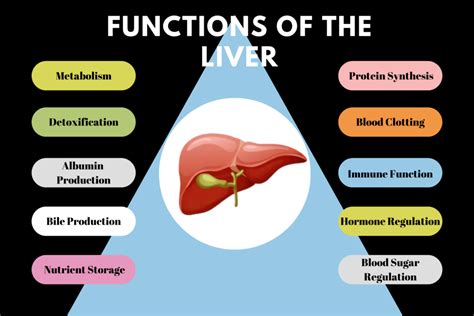
Liver enzymes work by facilitating various chemical reactions in the liver. They do this by binding to specific substrates, which are molecules that require modification or conversion. Once bound, the enzyme catalyzes a chemical reaction that converts the substrate into a product. This process is essential for various bodily functions, including metabolism, detoxification, and energy production.
Metabolic Functions of Liver Enzymes
Liver enzymes play a critical role in metabolism, which is the process by which the body converts nutrients into energy. They do this by breaking down carbohydrates, proteins, and fats into smaller molecules that can be used by the body for energy production. For example, the enzyme ALT is involved in the breakdown of amino acids, which are the building blocks of proteins.5 Ways Liver Enzymes Work
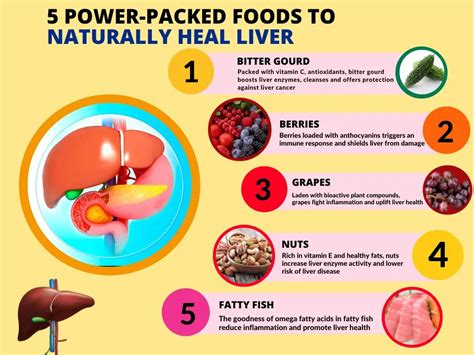
Here are five ways liver enzymes work to maintain optimal liver function and overall health:
- Detoxification: Liver enzymes play a critical role in detoxification, which is the process by which the body eliminates toxins and waste products. They do this by converting toxins into water-soluble compounds that can be excreted in the urine or feces.
- Metabolism: Liver enzymes are involved in the breakdown of nutrients, including carbohydrates, proteins, and fats. They convert these nutrients into smaller molecules that can be used by the body for energy production.
- Energy Production: Liver enzymes play a critical role in energy production, which is the process by which the body generates energy from nutrients. They do this by converting nutrients into ATP, which is the energy currency of the body.
- Bile Production: Liver enzymes are essential for the production of bile, which is a digestive fluid that aids in the absorption of nutrients. Bile is produced by liver cells and is stored in the gallbladder, where it is released into the small intestine to aid in digestion.
- Antioxidant Functions: Liver enzymes have antioxidant functions, which help to protect the body against oxidative stress. Oxidative stress occurs when the body is exposed to free radicals, which are unstable molecules that can cause cell damage.
Importance of Liver Enzymes
Liver enzymes are essential for maintaining optimal liver function and overall health. Without liver enzymes, the body would be unable to detoxify, metabolize nutrients, produce energy, or produce bile. Furthermore, liver enzymes play a critical role in protecting the body against oxidative stress, which can cause cell damage and contribute to various diseases.Factors that Affect Liver Enzyme Function
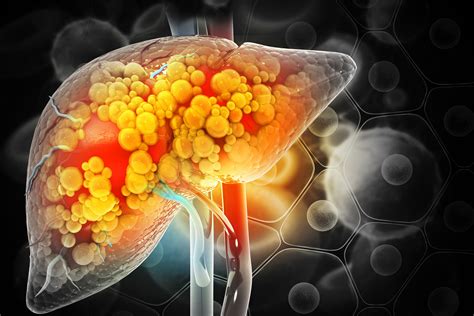
Several factors can affect liver enzyme function, including:
- Diet: A diet high in processed foods, sugar, and saturated fats can put a strain on liver function and lead to liver enzyme dysfunction.
- Lifestyle: A sedentary lifestyle, smoking, and excessive alcohol consumption can all contribute to liver enzyme dysfunction.
- Medications: Certain medications, such as statins and antidepressants, can affect liver enzyme function and lead to liver damage.
- Genetics: Some people may be born with genetic disorders that affect liver enzyme function, such as Wilson's disease.
Ways to Support Liver Enzyme Function
There are several ways to support liver enzyme function, including:- Eating a healthy diet: A diet rich in fruits, vegetables, whole grains, and lean proteins can help to support liver enzyme function.
- Exercising regularly: Regular exercise can help to improve liver function and reduce the risk of liver disease.
- Avoiding toxins: Avoiding exposure to toxins, such as pesticides and heavy metals, can help to reduce the strain on liver function.
- Getting enough sleep: Getting enough sleep is essential for liver function and overall health.
Conclusion and Future Directions
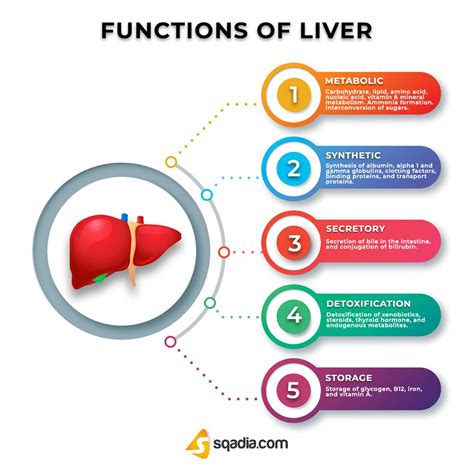
In conclusion, liver enzymes play a critical role in maintaining optimal liver function and overall health. By understanding how liver enzymes work and the factors that affect their function, we can take steps to support their optimal functioning and reduce the risk of liver disease. Further research is needed to fully understand the mechanisms of liver enzyme function and to develop effective treatments for liver-related disorders.
Final Thoughts
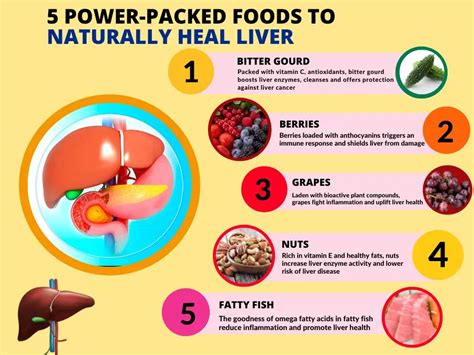
In final thoughts, liver enzymes are essential for maintaining optimal liver function and overall health. By eating a healthy diet, exercising regularly, avoiding toxins, and getting enough sleep, we can support liver enzyme function and reduce the risk of liver disease. It is essential to appreciate the importance of liver enzymes and take steps to protect and support their optimal functioning.
What are liver enzymes?
+Liver enzymes are biological molecules that catalyze various chemical reactions in the liver. They are essential for maintaining liver function and overall health.
What are the types of liver enzymes?
+There are several types of liver enzymes, including alanine transaminase (ALT), aspartate transaminase (AST), alkaline phosphatase (ALP), and gamma-glutamyl transferase (GGT).
How do liver enzymes work?
+Liver enzymes work by facilitating various chemical reactions in the liver. They bind to specific substrates and catalyze chemical reactions that convert the substrate into a product.
We hope this article has provided you with a comprehensive understanding of liver enzymes and their importance in maintaining optimal liver function and overall health. If you have any questions or comments, please feel free to share them below. Additionally, if you found this article informative, please share it with your friends and family to help spread awareness about the importance of liver health.
